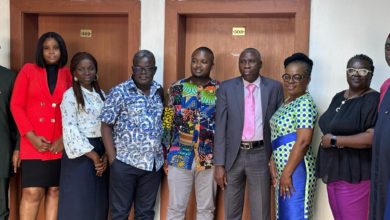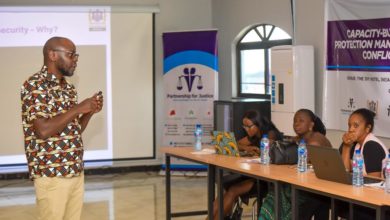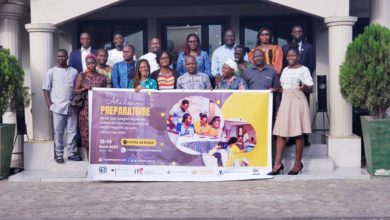Nigeria: Information for victims of rape, sexual assault abroad
The United Kingdom has provided information to help British nationals overseas make informed decisions about whether and how to: seek medical advice and attention, report to local police, engage with foreign legal authorities following a rape or other form of sexual assault overseas.
According to Gov. Uk, If you’ve been sexually assaulted it’s important to remember that it was not your fault. Rape and sexual assault is always wrong – no matter who commits it or where it happens. It is traumatic and it can affect you both physically and emotionally. Do not be afraid to get help.
It is your choice about what you do next, but this information may help you in coming to a decision. The most important thing is to make sure that you are as safe as you can be. You can: contact the national emergency number on 112 or 767 (Lagos) from a Nigerian landline or Nigerian mobile phone. Contact your tour operator if you are travelling with one and ask them for assistance.
Contact the British High Commission in Abuja on +234 9 4623100 or the British Deputy High Commission in Lagos on +234 1 2770780/ 277 0781/ 277 0782. British High Commission staff will be empathetic, and non-judgmental, and can provide information on local police and medical procedures. Anything you tell them will be treated in the strictest confidence. They can contact your family or friends for you if you wish.
If you choose to report the crime, try to do so as soon as possible, so forensic evidence can be obtained to conduct an investigation
Washing yourself or your clothes may make it difficult for the police to obtain forensic evidence. If you change your clothes, think about taking those you were wearing at the time of the incident to the police. You may wish to preserve evidence by retaining items such as condoms, toothbrushes, bed linen or texts and social media messages
You should:Tell the police if you think you have been drugged.
Insist that you get a copy of the police report, confirming that you have reported the crime, with a police reference number and the police’s contact details.
If you decide to report your case to the authorities, you or a lawyer, or any person authorised by you in writing, will be asked to make a statement about the incident and provide a description of the attacker(s) as this will assist the police with their investigation.
The police may also keep your belongings, such as clothes or electronic equipment, if they need them for forensic examination.
The police can take or refer you to a Sexual Assault Referral Centre (SARC) such as the Mirabel Medical Centre in Lagos or other primary health care centres around the country for a forensic examination. Most of the SARCs are located in larger towns and cities.


